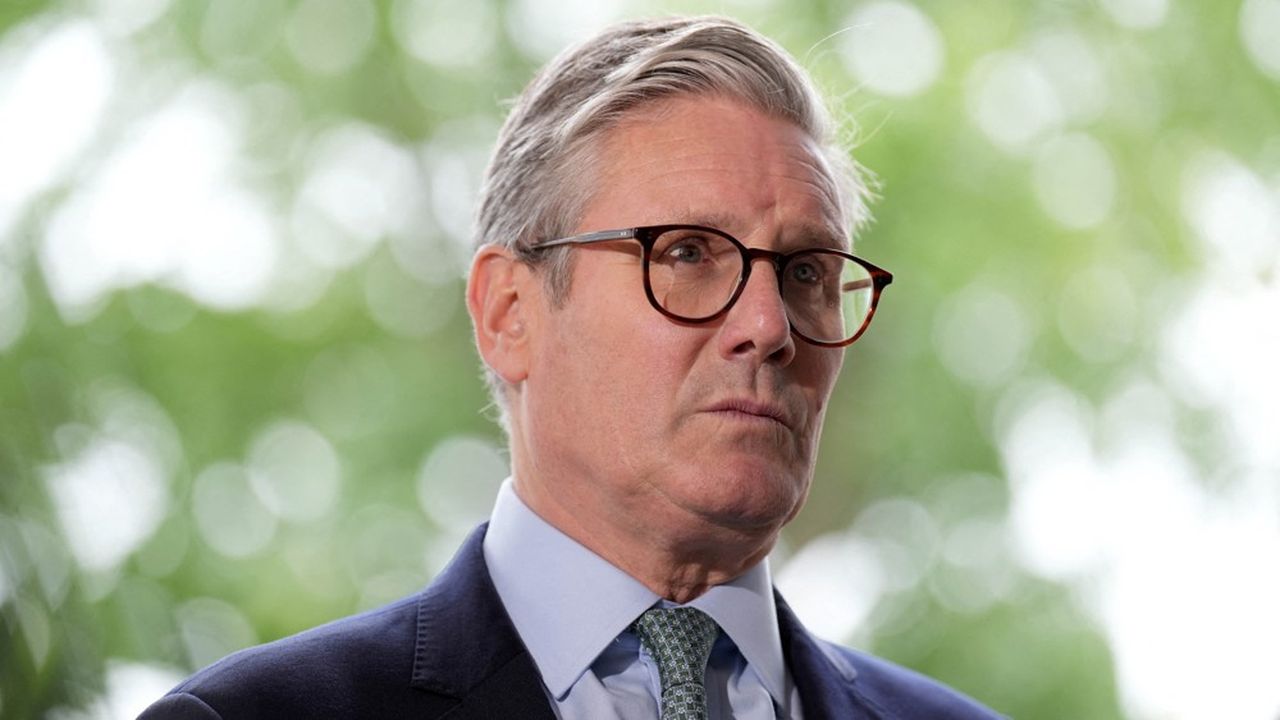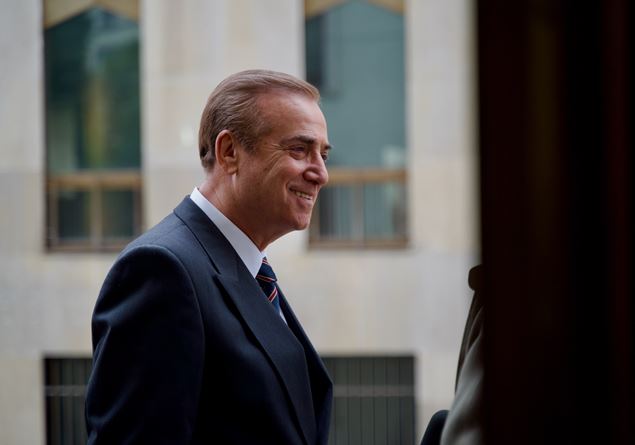
In business, this is called going through the company’s accounts with steel wool, to draw a line under a difficult era and have a more favorable basis for comparison. In his first speech on Tuesday since arriving in Downing Street on July 5, British Prime Minister Keir Starmer claimed to have “inherited” not only an “economic black hole” but also a “societal black hole” after 14 years in power in the hands of the Conservatives.
Under the sun of the Downing Street rose garden, the scene of some of the “partygate” scenes that were so fatal to Boris Johnson, the man who led Labour to the top of the state did not hesitate to speak of “rot” at the heart of British politics and institutions. “When it’s rotten at the heart of the structure, you can’t just hide it, you have to do everything again, tackle the root of the problem even if it’s more difficult and takes more time,” said Keir Starmer.
A way, therefore, of telling the British, a week before the opening of a new parliamentary session on September 2, that the months and years to come will not be a walk in the park, despite the hopes raised by the political change. “Things will get worse before we get better,” says Keir Starmer.
A desire to load the boat of the previous government, which effectively gave an impression of chaos that the arrival of Rishi Sunak had not entirely corrected? Courage on the part of a left-wing administration which announces that not everything will be resolved with public money, as shown by the recent restrictions on subsidies for pensioners’ electricity bills? Everyone has their own analysis.
22 billion
In any case, the “black hole” denounced by the new government is primarily budgetary. There is a £22 billion shortfall in this year’s public accounts, we learned this summer, which is not nothing compared to a £121 billion deficit for 2023 (4.4% of GDP). While this sum is largely due to a decision that clearly came from Labour to pay £9 billion, in particular, to NHS employees and railway workers to settle a social conflict that had been paralysing part of the economy for a long time, the attack on the surprise cost of more than £6 billion of the previous government’s management of asylum seekers seems more indisputable. “The OBR (the agency responsible for assessing the government’s budget forecasts, editor’s note) did not know this,” Keir Starmer argued about the £22 billion, pointing out that the country had “borrowed £5 billion more than the OBR had forecast over the last three months”.
But the black hole diagnosed by Keir Starmer is also evident in the judicial and prison systems. His mandate began with racial riots this summer, fraught with threats to the state of the country and to which he returned at length this Tuesday in this speech on the “state of the nation”, before the real political issues of the new school year such as the major reform of employee rights expected in October.
For Keir Starmer, the rioters took advantage of a system they knew was fragile, including obvious overcrowding in prisons. But they are also a symptom of a “theatrical” and demagogic policy on the part of the Tories. As a former head of the Crown Prosecution Service, he explained how difficult it was for him this summer to deal with the riots by calculating “every day” how many prison places were available.
The first measures
In an attempt to get the year off to a good start, the Labour leader highlighted the early achievements of his administration: the creation of a National Wealth Fund to support public and private investment, changes to planning permission rules to encourage the construction of 1.5 million homes and the future creation of an energy group focused on renewables, Great British Energy, with £8 billion, a campaign promise. “We have done more in seven weeks than (our predecessors) did in seven years,” he said.
Not sure that this will be enough to convince the British that we have left “politics as usual”, as Keir Starmer promised on Tuesday. The budget prepared by Chancellor Rachel Reeves, in the autumn, will say more about the savings identified and the possible increases in taxes. “It will be difficult but we have no other choice”, warned the head of government.





